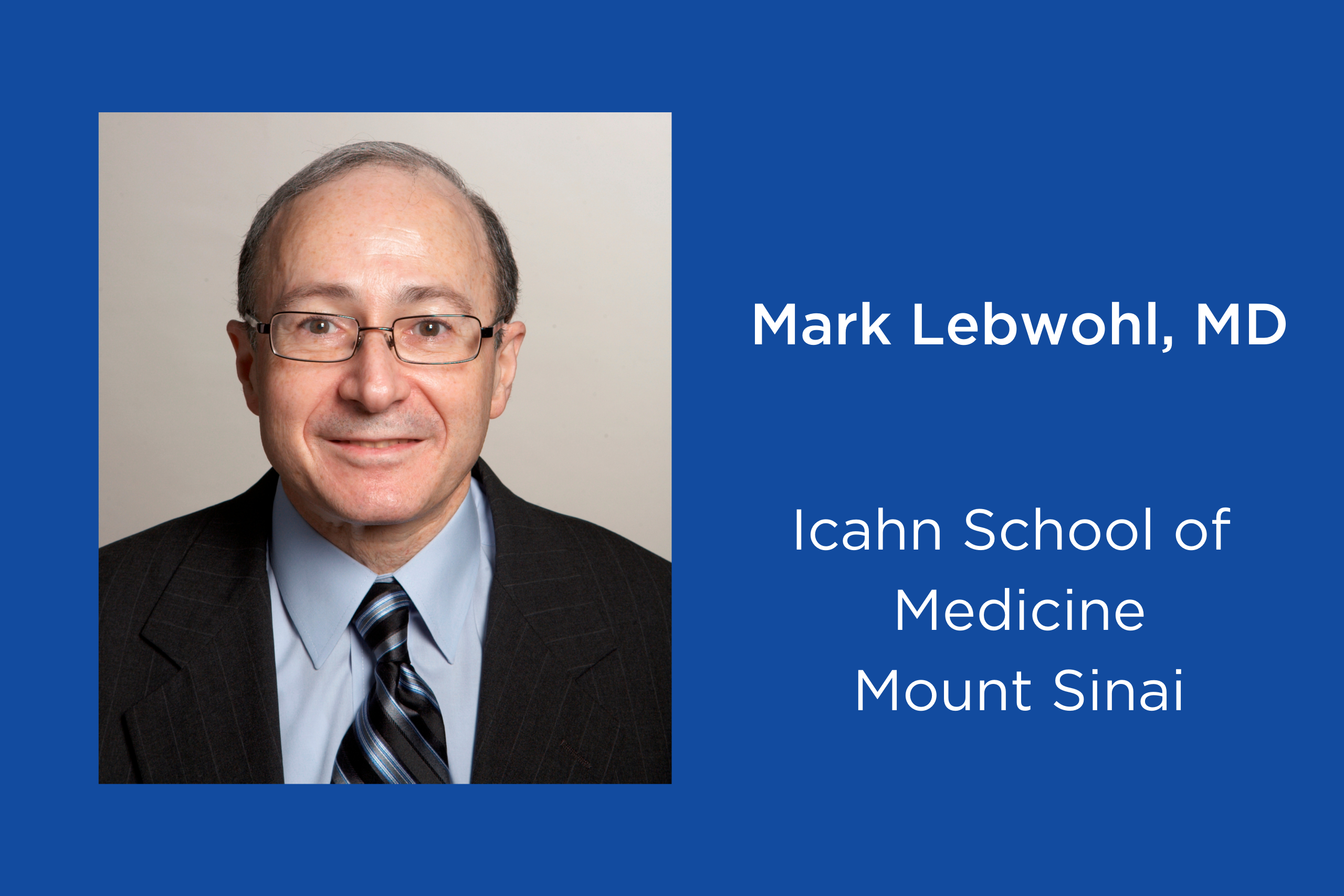Daily Management of Psoriasis that Includes Use of Biologics
Mark Lebwohl, MD, Dean of Clinical Therapeutics at Mt. Sinai Hospital in New York, kicked off his presentation at SDPA’s Summer Conference in Austin, by reviewing common problems in the daily management of psoriasis, highlighting optimal therapy with biologics. Attendees were reminded psoriasis is a clinical diagnosis for which biopsy is rarely warranted. He reported the goal of psoriasis therapy should target 50% improvement in PASI score in psoriasis patients. Dr. Lebwohl illuminated case presentations revealing the dramatic and rapid improvement that can be achieved with the right biologic therapy.
COVERAGE: SDPA Annual Summer Dermatology Conference, June 16-19, 2022, Austin, Texas
Before initiating treatment with any biologic therapeutic, a patient’s tuberculosis (TB) status must be evaluated. This is most often accomplished with the QuantiFERON-TB Gold (QFT). Dr. Lebwohl reminded attendees the TB status of patients should also be evaluated prior to initiation with treatment of cyclosporin and methotrexate. If a patient has a positive TB test, it is recommended treatment for TB be initiated one month prior to starting a biologic agent. Additionally, routine surveillance of TB status is recommended once a patient starts biologic therapy. Dr. Lebwohl reports cases of TB have occurred in patients who have tested negative for latent TB. TNF inhibitors have a higher risk for reactivation of TB with infliximab revealing the highest incidence. Of note, 40% of these TB cases are extrapulmonary, therefore it is crucial to evaluate for systemic symptoms such as fever and weight loss in addition to radiographic surveillance.
Dr. Lebwohl went on to impart his tips on the use of anti-IL-17 and anti-IL-23 drugs for the treatment of psoriasis and disAnti-IL-17 treatments are very safe. For example, there is no known maximum dose, revealing it is very difficult to “overdose” on this medication. While increased body weight, such as in the patient with obesity, can decrease the efficacy of anti-IL-17 agents, it is still very effective and should be considered as a treatment in this patient population. Additional benefits of anti-IL-17 agents include a dramatic decrease in risk of joint destruction in patients with psoriatic arthritis, rapidity of response and it has been found safe in the use of patients with multiple sclerosis. Dr. Lebwohl illuminated the population of patients for which he chooses IL-23 blockade as a therapeutic option including institutionalized patients and patients with obesity. Patients who cannot self-inject due to arthritis or Parkinson’s disease and those who travel frequently and can’t carry syringes may also benefit of treatment with a IL-23 blocking agent.
Byline: Sarah B.W. Patton, PA-C
Pictured: Mark Lebwohl, MD, Dean of Clinical Therapeutics at Mt. Sinai Hospital in New York
